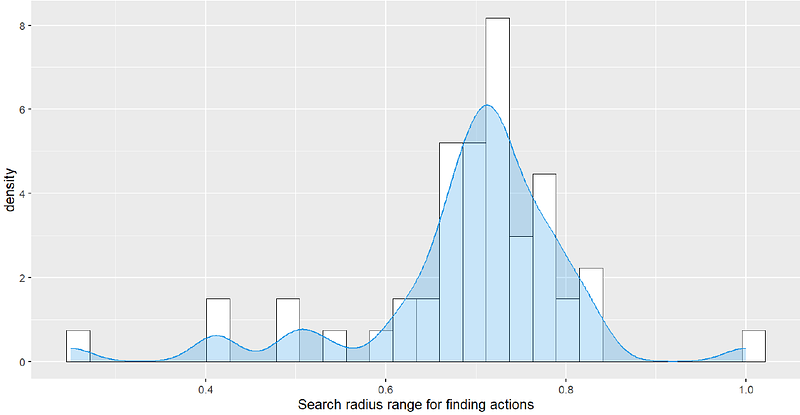Context-Aware Composition of Agent Policies by Markov Decision Process Entity Embeddings and Agent Ensembles

Context-Aware Composition of Agent Policies by Markov Decision Process Entity Embeddings and Agent Ensembles
Nicole Merkle, Ralf Mikut
AbstractComputational agents support humans in many areas of life and are therefore found in heterogeneous contexts. This means that agents operate in rapidly changing environments and can be confronted with huge state and action spaces. In order to perform services and carry out activities in a goal-oriented manner, agents require prior knowledge and therefore have to develop and pursue context-dependent policies. The problem is that prescribing policies in advance is limited and inflexible, especially in dynamically changing environments. Moreover, the context of an agent determines its choice of actions. Since the environments in which agents operate can be stochastic and complex in terms of the number of states and feasible actions, activities are usually modelled in a simplified way by Markov decision processes so that agents with reinforcement learning are able to learn policies that help to capture the context and act accordingly to optimally perform activities. However, training policies for all possible contexts using reinforcement learning is time-consuming. A requirement and challenge for agents is to learn strategies quickly and respond immediately in cross-context environments and applications. In this work, we propose a novel simulation-based approach that enables a) the representation of heterogeneous contexts through knowledge graphs and entity embeddings and b) the context-aware composition of policies on demand by ensembles of agents running in parallel. The evaluation we performed on the "Virtual Home" dataset indicates that agents that need to seamlessly switch between different contexts, can request on-the-fly composed policies that lead to the successful completion of context-appropriate activities without having to learn these policies in lengthy training steps and episodes, in contrast to agents that apply reinforcement learning.